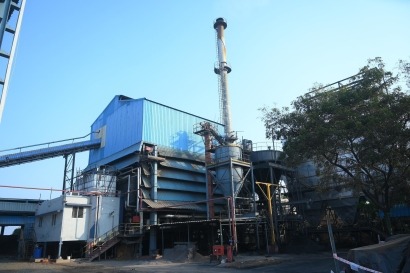
This achievement marks a substantial step toward Piramal's sustainability goal to reduce Scope 1 and 2 greenhouse gas (GHG) emissions by 42% by 2030.
The strategic conversion at the Digwal facility will eliminate approximately 24,000 tons of carbon dioxide equivalent (tCO2e) GHG emissions annually, accounting for about 17% of the company's total emissions.
"The transition to biomass briquettes at our Digwal facility is a testament to our commitment to reducing our environmental footprint while driving innovation in sustainable manufacturing. As we align our goals with global climate action frameworks, we will continue to contribute to a more sustainable future for generations to come," said Nandini Piramal, Chairperson, Piramal Pharma Limited.
Adopting biomass briquettes is a key advancement in Piramal's sustainability journey. These briquettes are compacted blocks of biomass materials processed and compressed under high pressure. Biomass briquettes, made from agricultural waste, are a renewable fuel source that supports circular economy principles by recycling organic by-products, reducing waste, and promoting sustainability.
"This transformation at our Digwal facility underscores our commitment to environmental stewardship and sustainable operational practices," said Peter DeYoung, Chief Executive Officer of Piramal Global Pharma. "By transitioning to biomass briquettes, we are significantly reducing our GHG emissions and setting new industry standards for responsible pharmaceutical manufacturing."
This initiative supports Piramal's global sustainability goals and demonstrates how pharmaceutical companies can implement effective climate action solutions while maintaining operational excellence. Piramal Pharma Limited remains committed to responsible growth through environmentally friendly practices to support a greener future.

